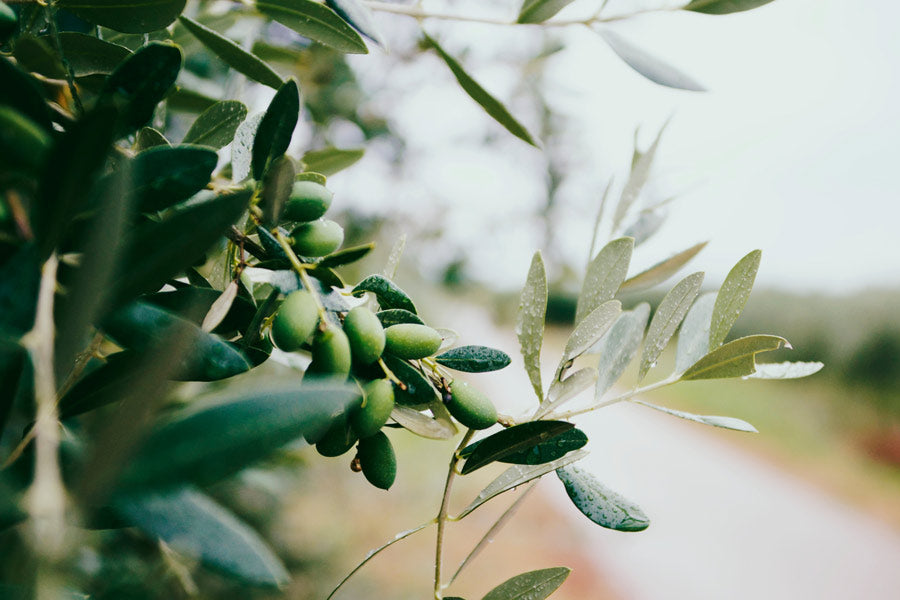Olive oil: from production to use (first part)

Olive oil:
From production to use
First part
November 14, 2018
Article
At the grocery store, have you ever noticed that the nutritional facts table, list of ingredients, health claims, “low-fat” or “reduced sodium” statements, organic or gluten-free certification saturate food packaging? ?
Through this nutritional cacophony, food traceability takes a second place and we, the consumers, unfortunately sometimes pay the price.
Indeed, adulterated foods, that is to say whose composition or origin do not correspond to what is indicated on the packaging, can be found on supermarket shelves. The most commonly adulterated foods? Vegetable oils.
Rest assured immediately, all the oils offered at Olives & Gourmandises meet very specific production, processing and export requirements.
The history of our products begins in Spain with the olive growers, or olive producers.
First, taking the internal temperature of the fruit on the olive trees allows you to check the maturity of the olives before they are picked.
After sorting and preliminary washing, a mill mechanically crushes the harvest to prepare the olive flesh for the next stage: the extraction of the oil must by cold pressing. The absence of heating in the creation of these so-called extra-virgin or cold-pressed oils ensures that their health benefits and maximum taste are preserved.
Then, the water found in this must is removed to retain only the lipid part, the olive oil, which is then filtered to remove small solid residues.
Finally, the different actors in this production and processing chain apply a traceability system to the products before exporting them.
To further protect consumers from adulterated olive oils, standards concerning the declaration of provenance have now existed for several years, a bit like the way wine or champagne producers control the appellation of certain products.
It is therefore with pride and pleasure that the Olives & Gourmandises boutiques exclusively offer olive oils of composition and provenance that are assuredly not adulterated and bearing the label extra-virgin or cold pressed.
You may already know that olive oil has great potential for benefits on cardiovascular health and reducing inflammation, to name a few. These properties are partly attributable to antioxidants as well as polyphenols present in higher quantities in extra-virgin or cold-pressed olive oils.
Additionally, just as there are taste tabs for wine, there are different ranges of olive oil flavors: mild, medium and robust, which have their own polyphenol groups.
In the second part of this capsule, I will tell you in detail the story of the discovery of the preventive power of olive oil as well as how to use it "in all sauces" in cooking to benefit from a tasty and healthier life.
Photo by Nazar Hrabovyi on Unsplash



0 comments